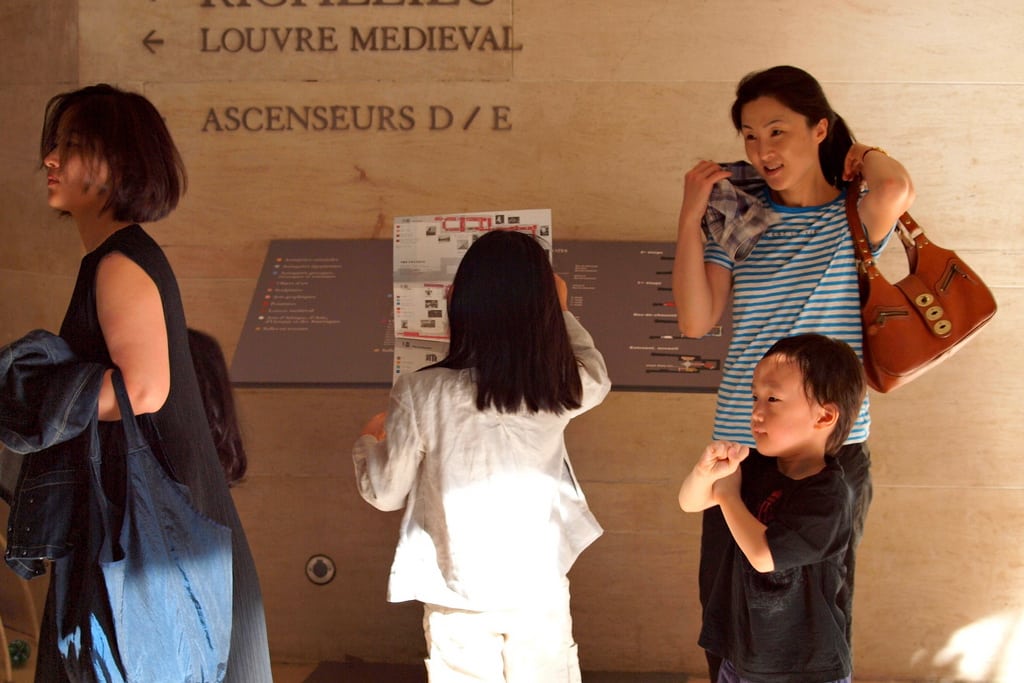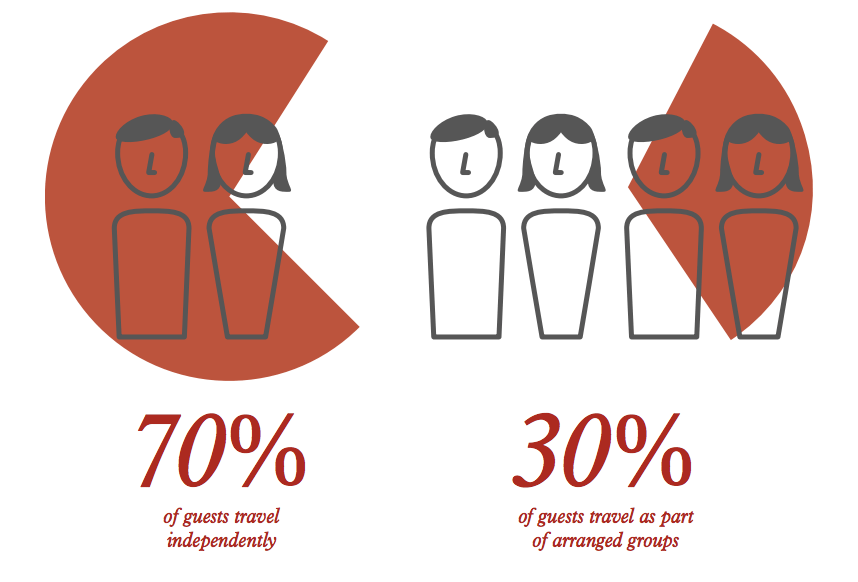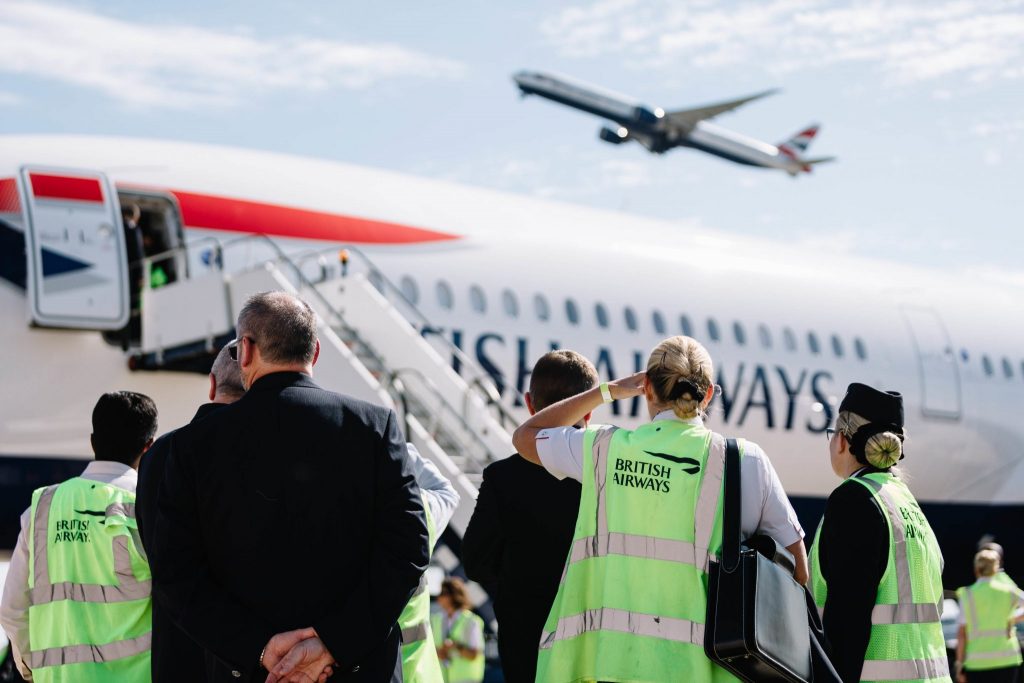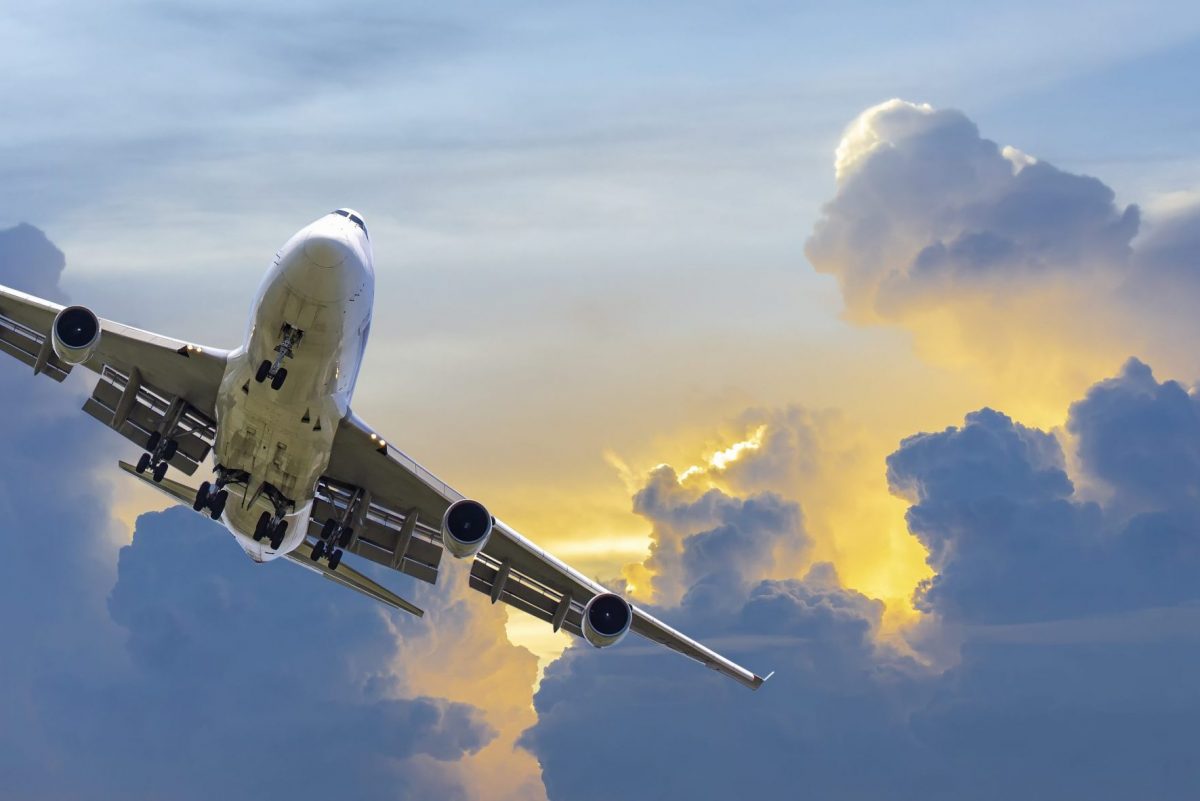The New Chinese Traveler Is on the Move and Combines Business and Pleasure

Skift Take
The second annual Chinese International Travel Monitor, released yesterday by Hotels.com, offered some specific insights into the group that WTTC announced in April has become the world's top-spending tourists.
Affirming some common assumptions, the report also gave fresh insight into the newly valuable demographic.
In a major shift from a traditional preference for organized tours, more than half of Chinese travelers reported that they prefer to travel independently rather than in a group.
The report also showed that Chinese travelers spend big on hotels - more than all except four other nationalities - despite their average annual household income of under $18,000. While they're there, almost all prefer to eat in the in-house restaurant. They don't stay in their rooms for long, though; the majority sleep in each hotel for only 2-3 nights, and a quarter move on the day after they arrive.
Mixing business with pleasure has also become more popular among this group, the report found, with almost a quarter of Chinese visitors to North America reporting that they combine work trips with leisure travel when they go abroad.
A few more findings about Chinese tourists:
- They, like most travelers, want access to free Wi-Fi once they reach their destinations; 84 percent of hotelier respondents reported they'd received that request.
- Sightseeing is the most popular activity among the group, with dining second and shopping third. Arts and culture, sports, and gambling are all low on the list.
- Half of them book hotel rooms directly through the hotel, and only 14 percent use online travel agents to find and book accommodations.
- They want more Chinese-language compatibility. Eighty-eight percent said that translated literature, TV, and newspapers were the most important service a hotel could provide.
For its study, Hotels.com surveyed more than 3,000 Chinese international travelers and more than 1,500 hoteliers around the world, the booking site reported.





